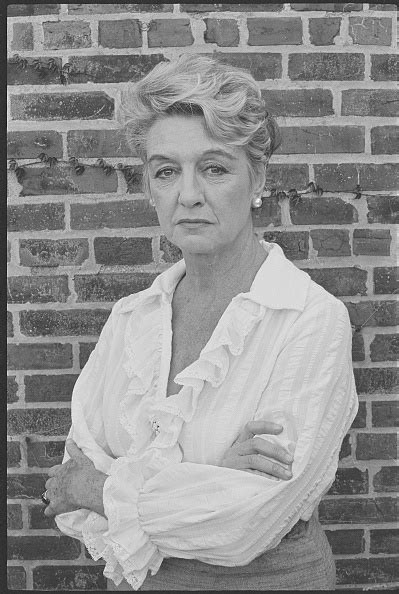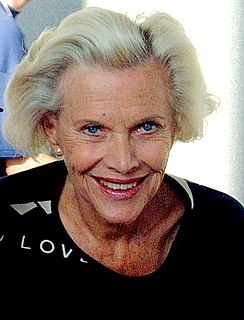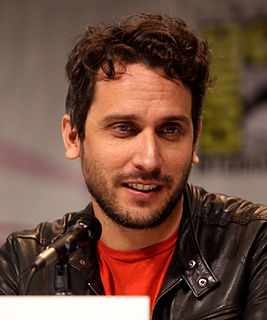A Quote by David Lagercrantz
I'm very bad at violence in real life. I can't stand it. And I'm so fed up with crime novels that have too much violence. I can't really do it. It's unnecessary.
Related Quotes
We must realize that violence is not confined to physical violence. Fear is violence, caste discrimination is violence, exploitation of others, however subtle, is violence, segregation is violence, thinking ill of others and condemning others are violence. In order to reduce individual acts of physical violence, we must work to eliminate violence at all levels, mental, verbal, personal, and social, including violence to animals, plants, and all other forms of life.
Violence is not merely killing another. It is violence when we use a sharp word, when we make a gesture to brush away a person, when we obey because there is fear. So violence isn't merely organized butchery in the name of God, in the name of society or country. Violence is much more subtle, much deeper, and we are inquiring into the very depths of violence.
I must remind you that starving a child is violence. Suppressing a culture is violence. Neglecting school children is violence. Punishing a mother and her family is violence. Discrimination against a working man is violence. Ghetto housing is violence. Ignoring medical need is violence. Contempt for poverty is violence.
My approach to violence is that if it's pertinent, if that's the kind of movie you're making, then it has a purposeI think there's a natural system in your own head about how much violence the scene warrants. It's not an intellectual process, it's an instinctive process. I like to think it's not violence for the sake of violence and in this particular film, it's actually violence for the annihilation of violence.
Domestic violence can be so easy for people to ignore, as it often happens without any witnesses and it is sometimes easier not to get involved. Yet, by publicly speaking out against domestic violence, together we can challenge attitudes towards violence in the home and show that domestic violence is a crime and not merely unacceptable.
You cannot cheat with the law of conservation of violence: all violence is paid for, and for example, the structural violence exerted by the financial markets, in the form of layoffs, loss of security, etc., is matched sooner or later in the form of suicides, crime and delinquency, drug addiction, alcoholism, a whole host of minor and major everyday acts of violence.
I'm so sick of seeing guns in movies, and all this violence; and if there was going to be violence in Pines, I wanted it to actually be narrative violence. I wasn't interested in fetishizing violence in any way of making it feel cool or slow-motion violence. I wanted it to be just violence that affected the story.
The things that scare me are real life situations. Real life is much more scary than anything you can put on the movie screen. Which is why I get very upset when people try to blame the movies for the violence in this world. I'm like 'Are you kidding me?'. There is more violence in a four hour period on CNN than any movie I have in my massive collection.
To me, one of the big silver linings of the Simpson trial is the advances we've made in understanding domestic violence as a lethal problem. Before that trial, I think there was a widespread sense that it was a family affair, a normal part of a relationship, not really a crime. The reality is that it's very much a crime, and a very serious one.

































